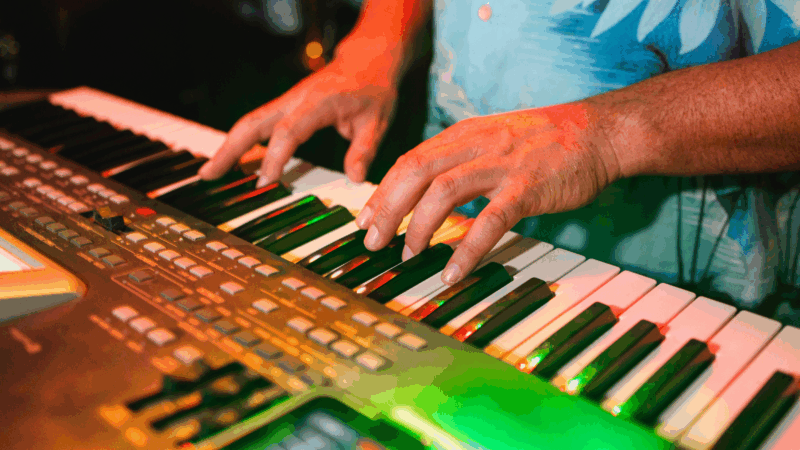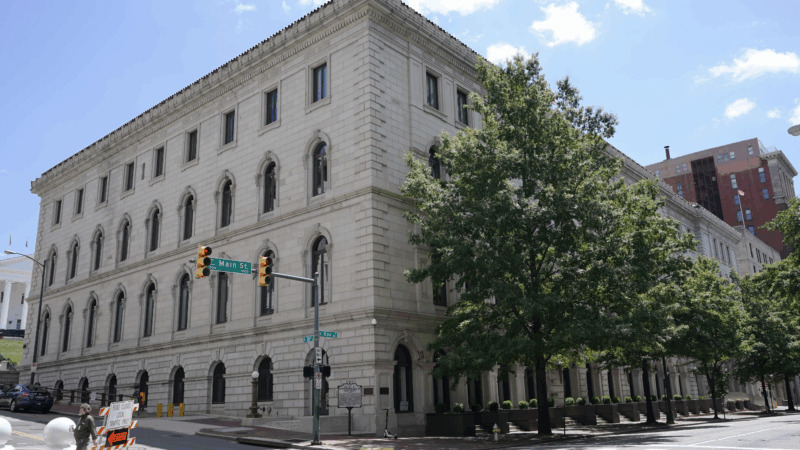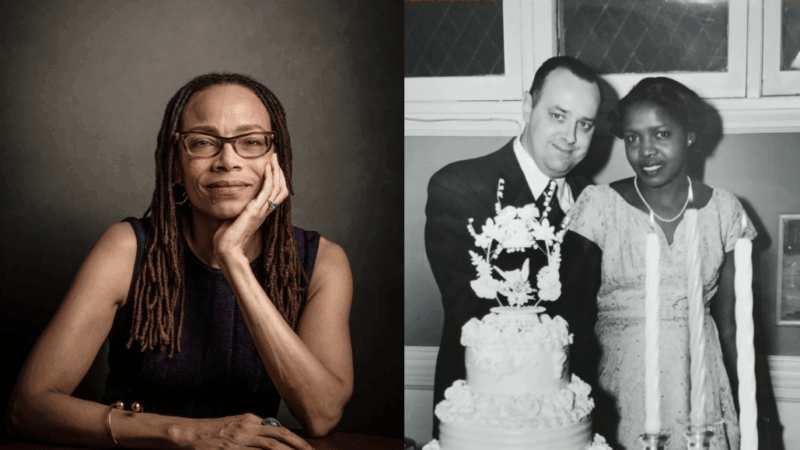The doctor said ‘be happy.’ Music therapy can help cancer patients do that
Cynthia Cherish Malaran didn’t like the piano lessons she took as a child, so it amused the native New Yorker that she found second-career success as a DJ a decade ago, spinning tunes for MTV, Lincoln Center and other clients.
“I was playing music for people, watching them forget about their stress and forget about whatever worries them and just be present on the dance floor,” says Malaran, who would watch their catharsis from the sidelines. “I never — even in my career as a DJ — thought of music for my own healing, until I really needed it.”
When a ‘miracle drug’ disappoints
That time came a decade ago when, at age 39, Malaran was diagnosed with breast cancer. Following chemotherapy and surgery, her best hopes of remaining cancer-free rested largely on Herceptin, a medicine so effective at targeting her specific form of disease that patients like her call it their “miracle drug.” But after only a few rounds, Malaran proved allergic — and there was no substitute.
Malaran implored her oncologist, “What should I do?” The doctor responded, simply: “Be happy.”
“I couldn’t believe she said that,” recalls Malaran. How is that even possible? Then she understood: “I realized if I can manage my stress and my emotions, that I would have the best chances of surviving, even though I was taken off of treatment.”
Sessions over seven weeks
Managing the various symptoms and anxieties that often accompany cancer through music therapy, it turns out, is as effective as traditional cognitive behavioral therapy, according to a study presented at the American Society of Clinical Oncology meeting this month. The study involved seven weeks of a hybrid kind of therapy, combining talk, music and lyrical composition as forms of expression. During sessions, trained therapists might help put a patient’s words or feelings to a melody, for example, or they might co-write a tune. Or simply listen.
“There was a time period when these were viewed as kind of outside the mainstream,” says Dr. Kevin Liou, the study’s author and a specialist at Memorial Sloan Kettering Cancer Center who’s helping patients integrate auxiliary care such as acupuncture, herbal remedies and music therapy into their cancer treatment.
Millions of survivors
Because of so many improvements in cancer diagnosis and treatment, many millions more people are surviving the disease, often for many years. As a result, the population of cancer survivors has surged in recent decades to 18.6 million people in the U.S. alone, according to the American Cancer Society’s most recent report. With that, says Liou, comes more need for varied therapies to improve their quality of life.
“We want to have a wide range of tools so that we can better personalize treatments for people.”
The next phase of research is to look at characteristics of patients likely to benefit from music therapy, Liou says.
For Malaran, music therapy was a natural fit. She found Liou’s “Melody Study” through Memorial Sloan Kettering hospital. During sessions, Malaran sometimes wrote lyrics to express her emotions, or just hummed along, listening.
“Picture yourself feeling unwell and someone is serenading you — just you — and how much better you feel because you’re being seen and cared for that way,” Malaran explains.
The act of creation
Liou says what sets music therapy apart from passive listening or playing music on one’s own is the therapeutic collaboration. Through conversation and music creation, patients access another way to process their emotions, he says.
“It’s actively creating something, and you’re doing it with the guidance of a trained music therapist.”
Malaran says music could give expression to emotions for which there were no apt words. The healing, she says, was in that expression: “Creating something beautiful coming from my cancer is like the ultimate way for me to heal.”
She’s now a decade in remission, and it’s been three years since she completed the therapy, but she still hums whenever she feels uneasy.
“I don’t even sing for fun. But humming is something I still do even today — years after those sessions — as a way to regulate my stress and bring my nervous system back to level ground and to relax,” she says.
It happened just the other day, she says. She felt worries creep in, and then the vibrations calmed her.
Federal judge acknowledges ‘abusive workplace’ in court order
The order did not identify the judge in question but two sources familiar with the process told NPR it is U.S. District Judge Lydia Kay Griggsby, a Biden appointee.
Top 5 takeaways from the House immigration oversight hearing
The hearing underscored how deeply divided Republicans and Democrats remain on top-level changes to immigration enforcement in the wake of the shootings of two U.S. citizens.
Snowboarder Chloe Kim is chasing an Olympic gold three-peat with a torn labrum
At 25, Chloe Kim could become the first halfpipe snowboarder to win three consecutive Olympic golds.
Pakistan-Afghanistan border closures paralyze trade along a key route
Trucks have been stuck at the closed border since October. Both countries are facing economic losses with no end in sight. The Taliban also banned all Pakistani pharmaceutical imports to Afghanistan.
Malinowski concedes to Mejia in Democratic House special primary in New Jersey
With the race still too close to call, former congressman Tom Malinowski conceded to challenger Analilia Mejia in a Democratic primary to replace the seat vacated by New Jersey Gov. Mikie Sherrill.
A daughter reexamines her own family story in ‘The Mixed Marriage Project’
Dorothy Roberts' parents, a white anthropologist and a Black woman from Jamaica, spent years interviewing interracial couples in Chicago. Her memoir draws from their records.






